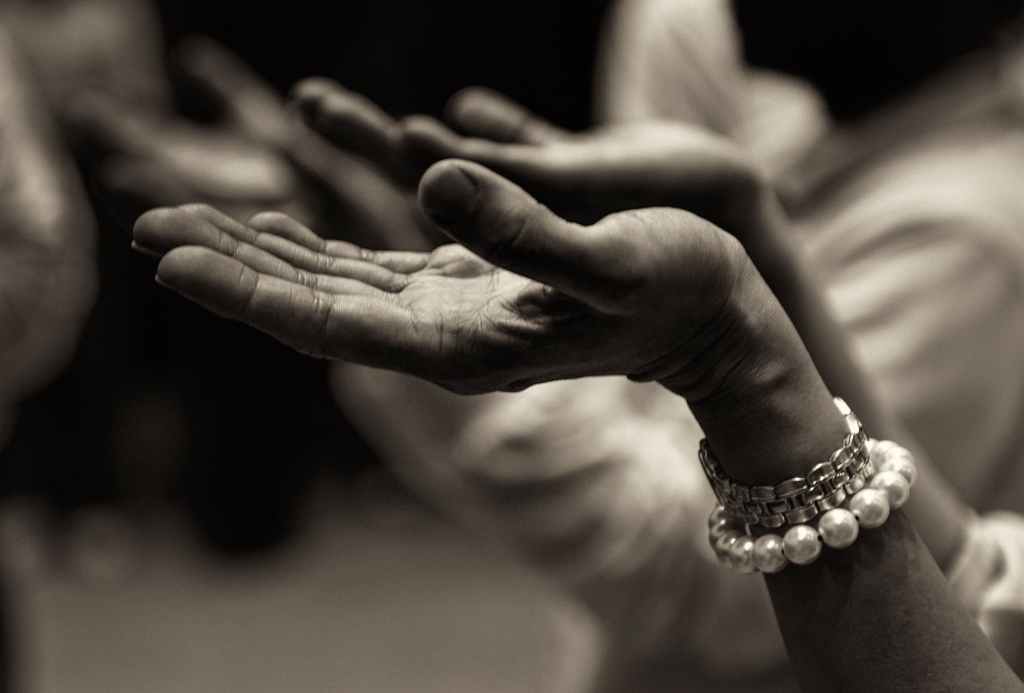
There’s a lot of fear surrounding mental hospitals for various reasons.
Whether it’s the stigma surrounding the unmedicated psychiatric patient, or the numerous media portraying either haunted and abandoned psychiatric hospitals or psychiatric hospitals as essentially prisons full of crazy people, a lot of people are freaked out by the very mention of them.
There seems to be a lot of misinformation about what exactly a psychiatric hospital is and what it’s for though.
The main purpose of psychiatric hospitals is to provide, essentially a resting and rehabilitation place for people struggling with mental illness, primarily those who have exhibited behavior that could be harmful to themselves or others.
While this sounds scary, the majority of the time those patients are just there for the potential of hurting themselves (e.g. suicide attempts, delusional thinking or manic episodes). They are there primarily to rest and get a better handle on themselves through group and focused activities.
The closest thing I can compare it to is like a preschool or summer camp, except everyone is a little nuts.
I wish I had fully realized that when I was a patient in one.
The problem for me was that I was terrified of being crazy and in my brain, at the time, I painted the hospital experience as some oppressive prison where I was being locked away for being a non-conformist mentally ill menace to society.
I viewed it as a betrayal by my parents for putting me there and for treating me like I was some messed up defect that needed to be locked up.
The truth is, I willingly signed the forms for a voluntary 72-hour hold for observation and I fully recognized that something wasn’t right with me.
Whether or not I was fully in the right mind to be cognizant of what I was doing could be a matter of contention.
Further, I believed it would only be 72 hours and I think the betrayal aspect only took hold when I was informed by the doctors that I would only be released when I seemed ready (which turned out to be another five days).
Disregarding the negative connotations and conceptions I had of the place though, it was a relatively soothing environment.
Clean, white walls, private rooms where you could sleep all day if you felt like it, a day room where you could watch tv, play games or relax on couches, and music and art classes, all tied together with rehabilitation focused group therapy and doctor’s visits.
In complete honesty, it really wasn’t that bad.
Certainly not a prison, as one might have you believe.
It’s hard to realize that when you’re in the midst of a breakdown though.
Things are very scary and the only thing you want in the world is to just go home and get into bed.
I won’t forget my time there and I’ve pledged never to go back but in hindsight, my perception of mental hospitals was askew thanks to the chemical imbalance in my brain.
Psychiatric hospitals though, are nothing like the scary pictures of it that I’m sure a lot of you imagine. They are calm, quiet places, where people mostly keep to themselves and where everybody just wants to be left alone. Sure there are outliers but everyone there is suffering in one or another and keeping that in mind helps to humanize the place.
If you happen to find yourself there, try to remember that it’s supposed to be a place to relax, away from the stress of society, it’s supposed to be a place to calm down and get a handle on yourself, not a decrepit prison full of unhinged psychopaths who would kill you at a moments notice.
Overall, it’s ok if you need to take a break somewhere like that, they’re there to help.



